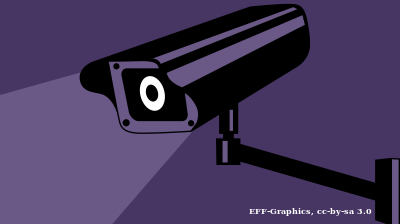Tajikistan’s minister of industry and innovation has made a bold prediction that the Central Asian nation is going to become a global leader of artificial intelligence (AI) and microchip development. He clearly must have been wearing a virtual reality headset when making the pronouncement, given the existing state of Tajikistan’s IT sector and educational base.
“The fifth industrial revolution will begin right here, in Tajikistan. We have not only natural resources, but also a strategic vision for the development of artificial intelligence,” the minister, Sherali Kabir, told journalists in Dushanbe recently. He based the prediction on the fact that Tajikistan possesses lots of elements, rare earths and minerals needed by the IT industry. He also claimed that leading Western entities, such as Nvidia and OpenAI, have expressed interest in doing business with Tajikistan.
Kabir’s prediction seems only thinly rooted in reality and raises questions about governmental capacity. Tajikistan has long been ranked as having one of world's most corrupt political and economic systems, and the country presently lacks an IT base. Dushanbe likewise lacks a track record for innovation.
A recent report that tracks global innovation trends, World Intellectual Property Indicators 2024, found that not a single application for a patent was filed in Tajikistan in 2023 (the last year covered by the report).
The Tajik education system also has substantial shortcomings, according to a recent World Bank brief.
"A considerable share of firms in Tajikistan identified an inadequately educated workforce as a significant constraint to meeting local and regional market demands," the bank brief stated. "The lack of skills is mainly due to outdated learning environments in universities, including curricular, staff’s skills, equipment, and technologies."
Problems are systemic, stretching from elementary school to higher education. A separate World Bank assessment shows that only 55% of Tajik second graders and just 41% of fourth graders are meeting minimum reading standards.
"Poor learning outcomes are evident starting in the early grades," the bank assessment states.
This article first appeared on Eurasianet here.
Tech

Russia blocking messaging apps again, sets up copycat Telegram app
Russia’s internet watchdog Roskomnadzor has been blamed for another round of internet outages in Russia, as the state sets up a Telegram messaging app clone as the Kremlin continues to take increasing control of RuNet.

Albania’s AI minister ‘pregnant’ with 83 children, PM says
AI “minister” Diella will give birth to dozens of digital parliamentary assistants for ruling party MPs.

Is Kazakhstan building a digital utopia, or a China-style surveillance state?
Many Kazakhs will tell you that officials should limit their ambitions to fixing the internet speed. Others worry that the time for joking is over.

Kia inaugurates $310mn "highly automated" automotive plant in Kazakhstan
Featuring 68 industrial robots, the plant is designed to produce up to 70,000 vehicles annually.

._140225.jpg)


